What is Chinese public opinion?
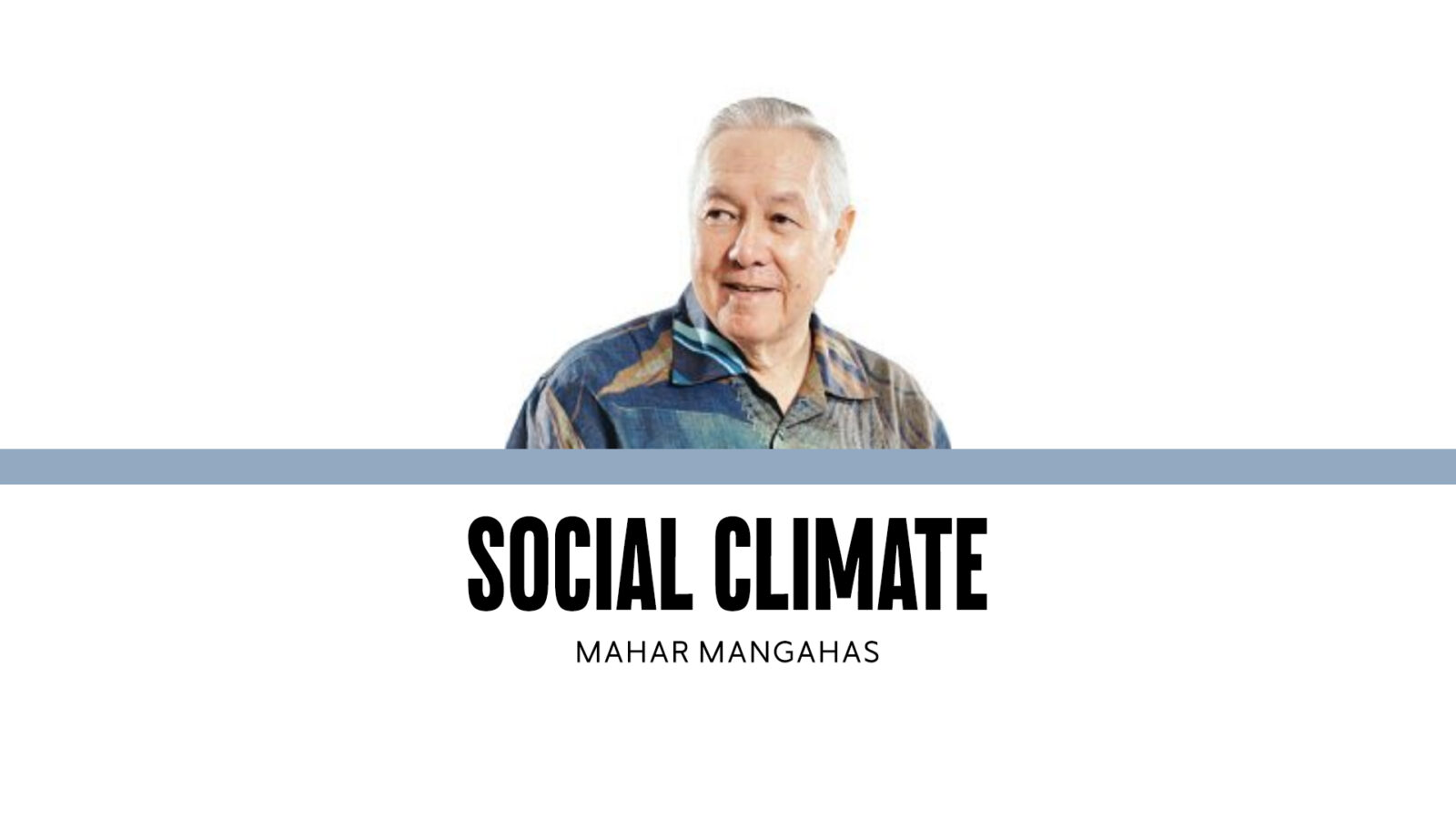
In my opinion, the title of the Pew Research Center’s recent report, “International views of China turn slightly more positive” (pewresearch.org, 7/15/25), was rather diplomatic. Quite accurate was the heading of its first chart: “Views of China have improved in many countries since last year but remain broadly negative.”
In the 25 countries included in Pew’s Global Attitudes Survey: (a) the median balance of favorable over unfavorable opinions about China moved from (31 – 61) or minus-30 in 2024 to (36 – 54) or minus-18 in 2025; and (b) the median balance of confidence over no-confidence in Chinese President Xi Jinping changed from (19 – 69) or minus-50 in 2024 to (25 – 66) or minus-39 in 2025. Yes, opinions have improved, but they are still underwater. In SWS parlance, net opinions are ‘poor’ when from -10 to -29, and ‘bad’ when from -30 to -49.
The Pew survey did not include China itself. It asked other peoples of the world what they feel about China. Because the United States has so much opinion polling, it is very easy to find out the American people’s regard for President Donald Trump – his general net rating is already negative, by the way — but not the Chinese people’s regard for their own president.
Polling of opinions in other countries is normal. There is both open polling, like that of Pew, and confidential polling. Polling is costly, and its information may have to be paid for (like that of the Gallup World Poll). There is secret polling, as was done during the Cold War — published in professional journals later — and is probably being done now, in the zones of conflict, commissioned by interested foreign parties. One should assume that polling is being done right now in Russia, Ukraine, Israel, Palestine, Iran, etc.
In China, opinion polling is tightly controlled. China has the technology and the manpower to do scientific social surveys. It is represented by two universities in the International Social Survey Program (issp.org), which puts out publicly-available data; but these universities need official permission to survey whatever is the annual ISSP topic. The ISSP’s country surveys are self-funded by the members.
We in SWS (the Philippine member of ISSP) have met our Chinese counterparts, who are good academics. There are private businesses, including multi-nationals, that do market research in China, but their survey questionnaires must pass government inspection for any items, i.e., political ones, that the government considers undesirable.
The sad state of opinion polling in Hong Kong. The independent pollster that I totally trust is the Hong Kong Public Opinion Research Institute (HKPORI), founded by Robert Chung. Professor Chung has been my friend for many years, even before HKPORI. He was president of the World Association for Public Opinion Research (WAPOR) in 2023/24, and its ex officio board member now.
Last December, HKPORI’s former deputy CEO was placed on a wanted list with a HK$1 million bounty, and accused of inciting secession, along with five other overseas Hong Kongers. “In a statement released on Facebook today, HKPORI confirmed that its chairman and CEO, Robert Chung, and two staff members had been questioned by authorities, with the institute’s offices searched twice. The institute declared it would indefinitely suspend all self-funded activities, including its regular tracking surveys initiated in 1992” (“Hong Kong Public Opinion Research Institute faces closure following political and legal pressures,” dimsumdaily.hk, 2/13/2025).
I do not know how my friend Robert Chung is today, and I worry about him. He told me Hong Kong is his home, which he will never leave.
Why did China try to suppress the Filipino documentary about the West Philippine Sea when it made its international debut in New Zealand? Such suppression doesn’t help make Filipinos more trustful of China. I don’t see how it can improve China’s standing in New Zealand, Australia, or any of our Southeast Asian neighbors who are being bullied by China. What is obvious is that public circulation of the documentary will further lessen Filipinos’ trust in China.
What also occurs to me is that the true objective of the suppression may be to prevent the Chinese people, in particular. from learning the truth about their government’s unjust and unlawful behavior in the West Philippine Sea.
How many of the Chinese people know about the 9-dash and 10-dash lines that their government is still making? How many of them know about the Philippine victory in the 2016 ruling of the Permanent Court of Arbitration? How many of them know that their government refused to take part in the case that we raised at the tribunal? How many of them will fail to draw the conclusion that their government knew from the start that it lacks evidence for its claims? What will the Chinese people feel about the issue if and when they get to see the New Zealand documentary that their government tried to suppress?
Dr Mahar Mangahas is a multi-awarded scholar for his pioneering work in public opinion research in the Philippines and in South East Asia. He founded the now familiar entity, “Social Weather Stations” (SWS) which has been doing public opinion research since 1985 and which has become increasingly influential, nay indispensable, in the conduct of Philippine political life and policy. SWS has been serving the country and policymakers as an independent and timely source of pertinent and credible data on Philippine economic, social and political landscape.














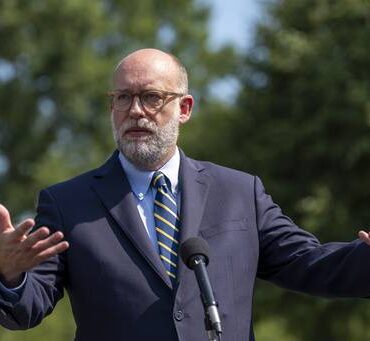
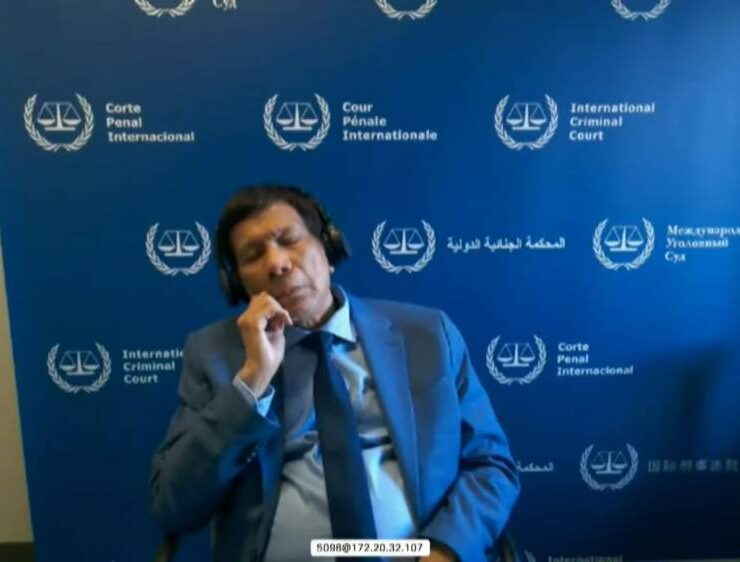
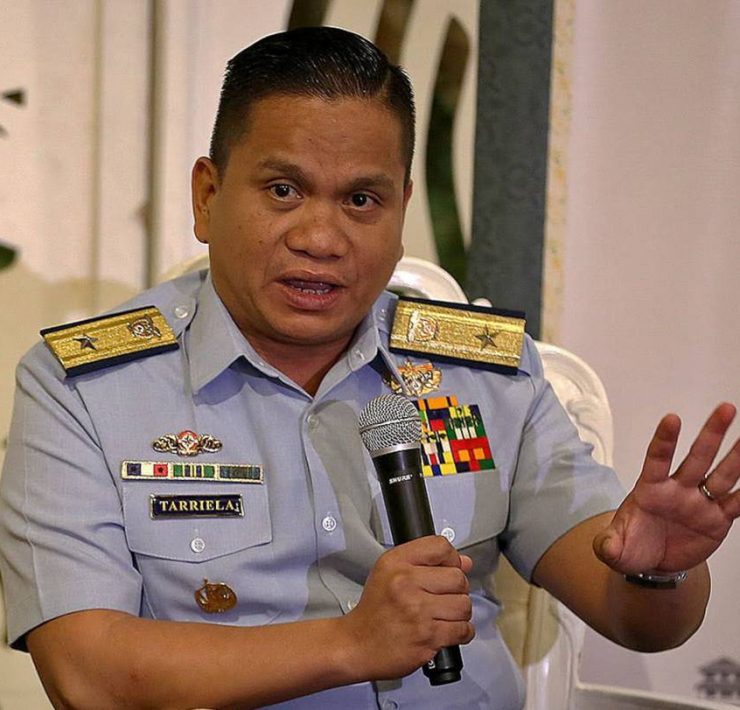
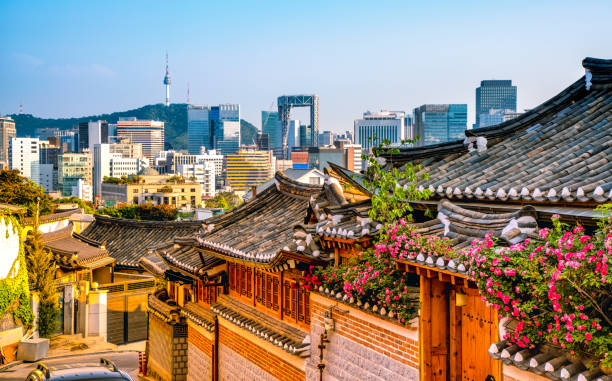
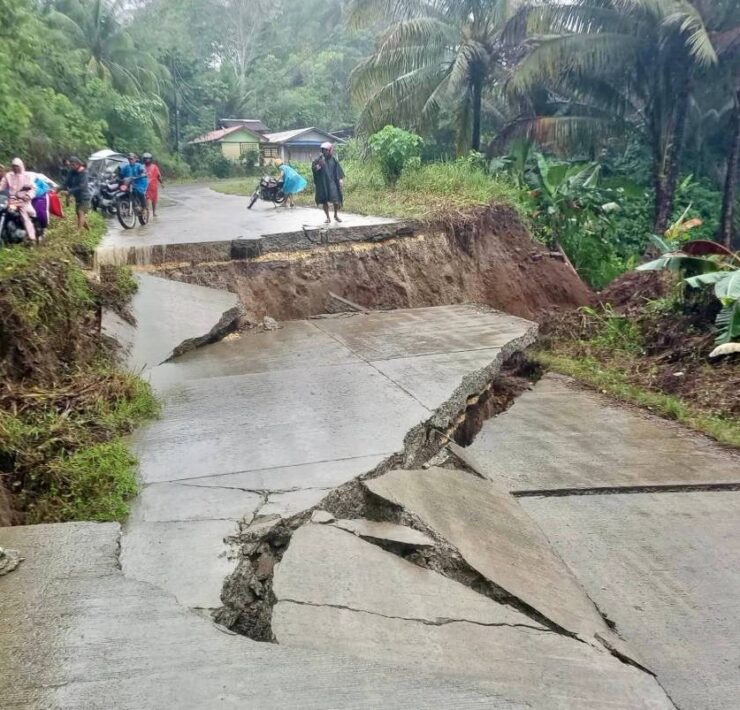


A different kind of Taiwan